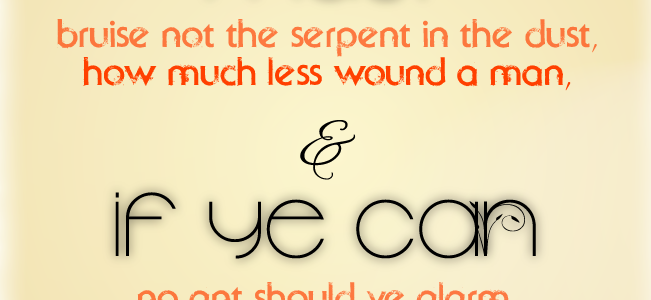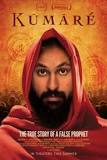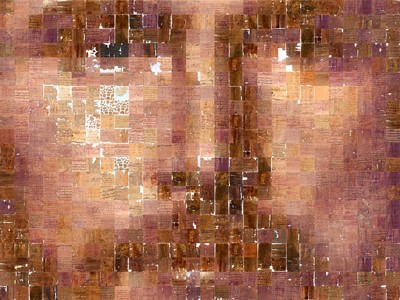On treatment of animals and our responsibility: “It is not only their fellow human beings that the beloved of God must treat with mercy and compassion, rather must they show forth the utmost loving-kindness to every living creature. For in…
On treatment of animals and our responsibility:





